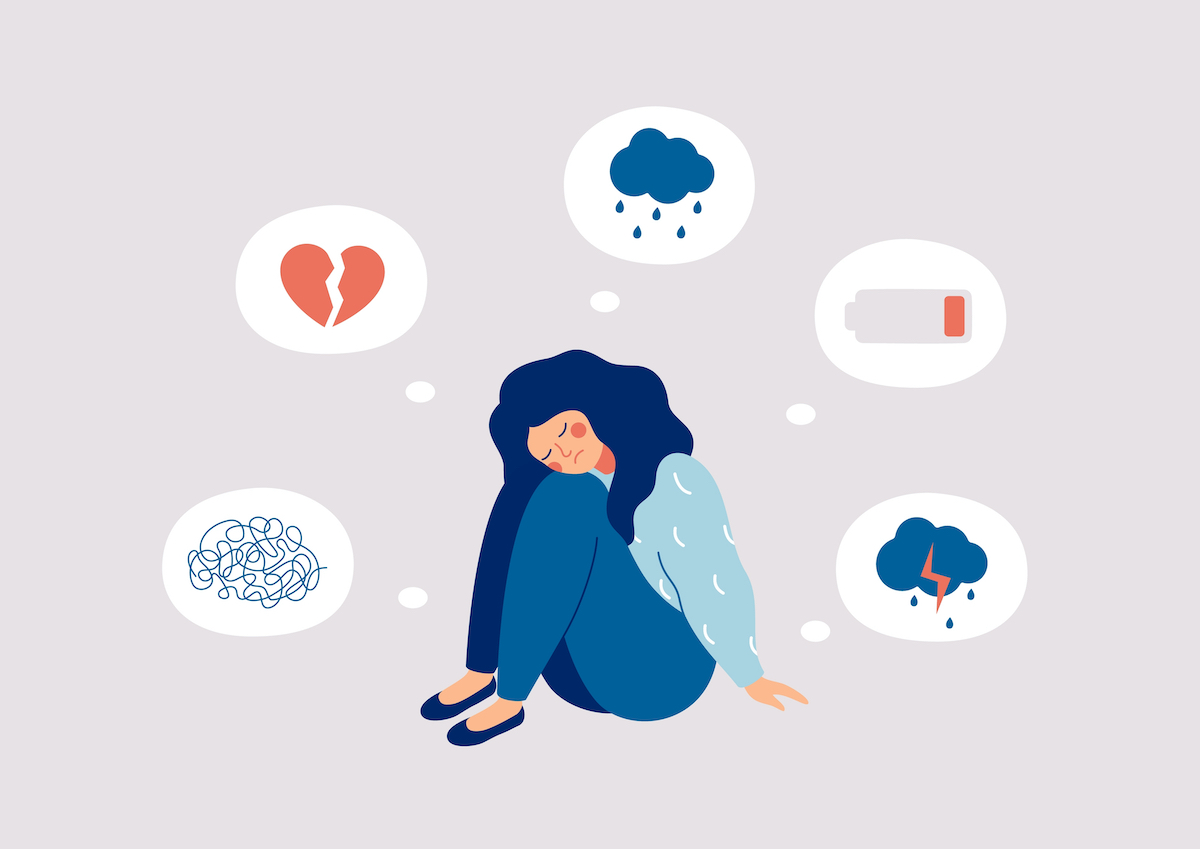Maybe the most important question in your search for information: “How are depressions treated and is it curable?” To be completely honest with you, there is no cure for depression. Fortunately, there are more and more treatment options that allow people to get better – or learn to live with their symptoms – and live long happy, and healthy lives.

Today, there are plenty of ways to treat clinical depression. So don’t be afraid: you don’t have to be hospitalized right away – although sometimes that can work very well. Clinical depression treatment options include:
- Counseling or psychotherapy
- Alternative medicine, like acupuncture & hypnosis
- Prescribed antidepressants
- Brain stimulation therapy
- Self-help, like regular exercise, enough sleep & healthy diet.
Treatment Options
Know that the above-mentioned are just a few, there are many options, and it’s important to find a treatment that suits you, and your needs and helps you get better. If you choose a different treatment option than the one your professional healthcare provider recommends/prescribes: discuss this. He or she is the expert and can offer you the best insights. What is also important to know is that some options do not work for all types of depression. Sometimes the symptoms are so severe that there is no other option than to take antidepressants, while there are also cases where it is especially important to get back into a healthy and regular rhythm (self-help).
We can’t tell you often enough: do you recognize yourself in the information and have you been walking around with depressive feelings and thoughts for some time? Make an appointment with your professional healthcare provider as soon as possible. They can help you and help you get better again. Is this too big a step? Then the first talk to someone you trust and know is supportive. It is also important to do (enough) online research. To help you with your search, start here:

